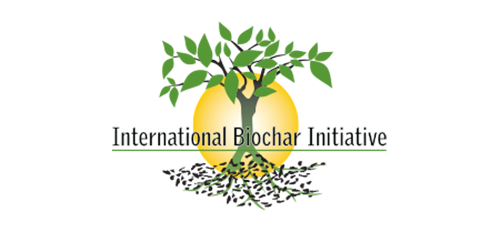The Cascaded Use of Biochar in Animal Farming
- Silage agent
- Feed additive/supplement
- Litter additive
- Slurry treatment
- Manure composting
- Water treatment in fish farming
Different to its application to fields, a farmer will notice its effects within a few days. Whether used in feeding, litter or in slurry treatment, a farmer will quickly notice less smell. Used as a feed supplement, the incidence of diarrhea rapidly decreases, feed intake is improved, allergies disappear, and the animals become calmer. In Germany, researchers conducted a controlled experiment in a dairy that was experiencing a number of common health problems: reduced performance, movement disorder, fertility disorders, inflammation of the urinary bladder, viscous salivas, and diarrhea. Animals were fed different combinations of charcoal, sauerkraut juice or humic acids over periods of 4 to 6 weeks. Experimenters found that oral application of charcoal (from 200 to 400 g/day), sauerkraut juice and humic acids influenced the antibody levels to C. botulinum, indicating reduced gastrointestinal neurotoxin burden. They found that when the feed supplements were ended, antibody levels increased, indicating that regular feeding of charcoal and other supplements had a tonic effect on cow health. Visit the Ithaka Journal online (http://www.ithaka-journal.net) for in-depth articles on the use of Biochar in cattle and poultry farming, as well as many of the other uses.
Studies have shown:
- Animals gain weight 25% faster with the same rations
- Significantly reduces methane emissions from the cow (I.e., reduces burping and gas)
- Reduces antibiotic use
- Reduces somatic cells while increasing the amount of milk production
- Prevents mastitis
- Biochar passes in the feces and then acts as nutritional fixator that prevents it from seeping into the water
- Reduces fecal odors and improves the quality of compost
- Animals are generally healthier and don't get sick, thus saving substantially on veterinary expenses





